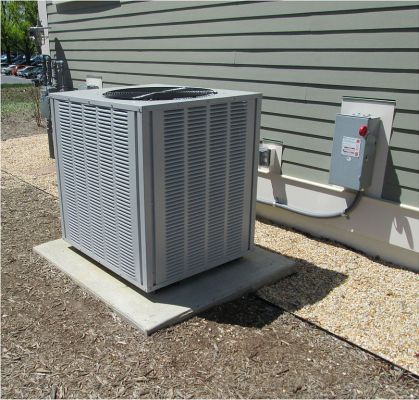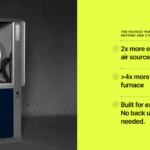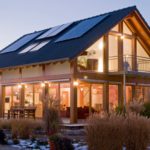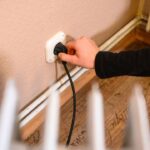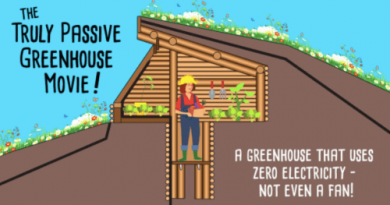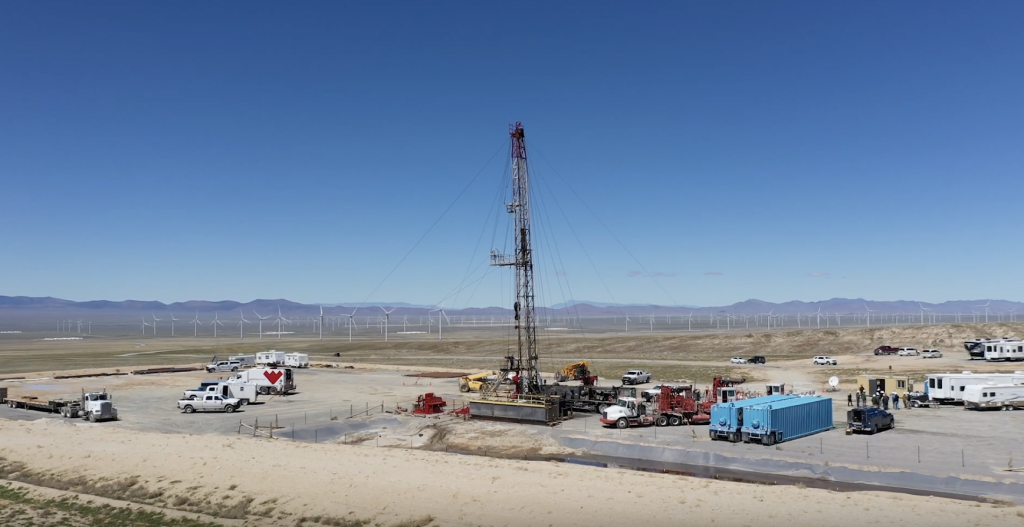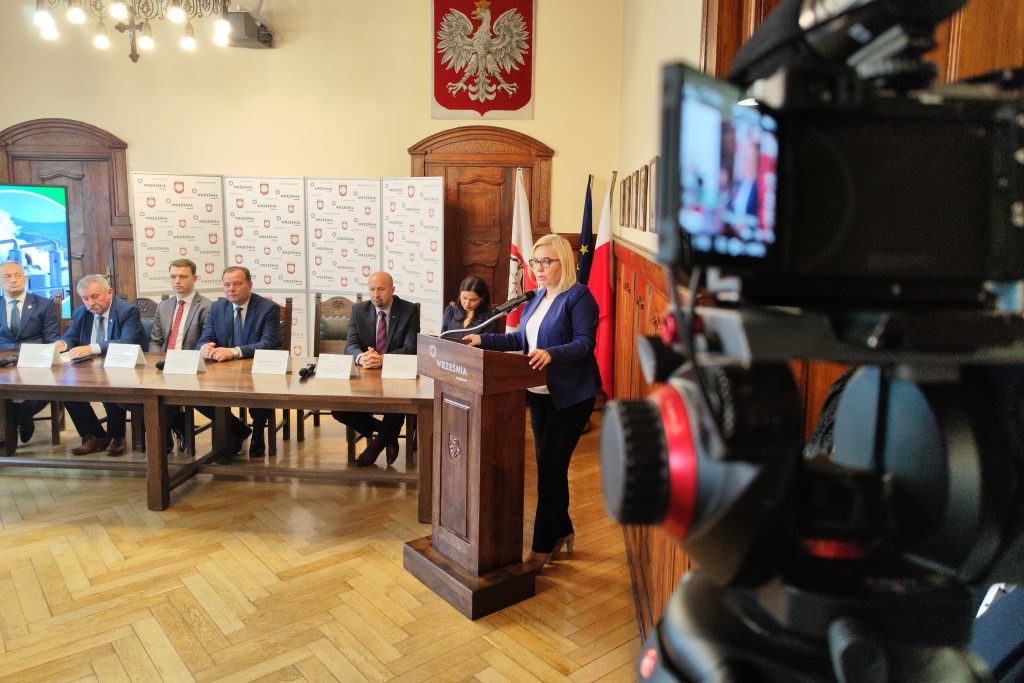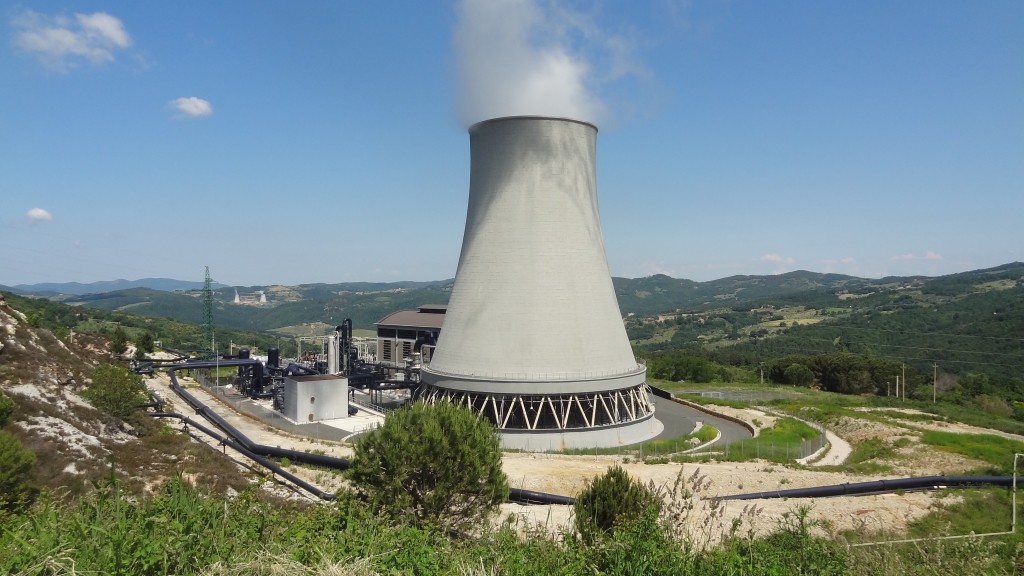Must-Know Before Buying a Heat Pump for Your Home
Energy Disrupter
What to Consider Before Investing in a Homestead Heat Pump

Air Conditioning units are good for cooling, but they’re not great for a variety of other reasons. First, they use a lot of electricity, which can take a toll on your energy usage and increase your carbon footprint. This leaves you more dependent on utility energy and agitates that feeling you get when thinking about the state of our global health. Second, as COVID has taught us, recirculating indoor air is bad for our health where airborne viruses are concerned. A solution to both of these problems can be found in a relatively new heating and cooling system called a home heat pump.
You’ve probably heard about heat pumps, but how they work and the benefits they provide can be a little confusing. In short, they’re systems that gather heat from their immediate environment using the same substance found in refrigerators (a refrigerant of sorts). This heat energy is then transferred around your house. Similar to passive solar systems, they generate heat and cooling energy instead of drawing from your grid utility. This means they use less dirty gas energy and enable you to have a more self-sustaining homestead.
The decision of choosing the best one for your homestead can get a bit tricky. So to assist with this dilemma, we have come up with some simple points to be considered before investing in a Homestead Heat Pump.
Size of the heat pump:
The most important aspect to consider while investing in a heat pump is the size, as the size of the heat pump massively affects its functioning and cost.
For instance, if you installed a lower capacity heat pump in a relatively large homestead, it would use a lot of time and work overtime to effectively work on the temperature. So it might cost you a bit less up-front, but in the long run, it will add on your repair costs and utility bills. Similarly, installing a larger capacity heat pump in a smaller area would be an overkill.
Heat pump capacities are measured in tons (one ton = 12,000 Btu/h). As a rule of thumb, for every 400 square feet, a one-ton heat pump is needed.
 Insulation
Insulation
The insulation system in your homestead can also affect the working of the heat pump. Check the level of insulation in several areas of your home such as walls, attics, and subfloors. An optimal level of insulation will make sure the retention of air and temperature for a long duration.
This makes sure that the energy consumption of the heat pump and electricity bills are in control, which will improve your HVAC equipment’s life in the long run.
If you know your homestead is quite old and/or has damaged walls and/or poor insulation, it would be wise to consider renovating and installing a new insulation system before considering a heat pump. If insulation is inadequate, you run the risk of paying more for your heating and cooling than you actually have to.
Type of the Heat Pump:
Water-source, air-source, mini-split, and geothermal are some of the categories heat pumps come in.
Air-source ducted pumps transmit heat from the outside air to keep the home warm during winters, and eject heat from your house in summers. The mini-splits ducted pumps also work in the similar way, but don’t involve ducts.
Water-source heat pumps extract heat from water bodies, such as lake, pond, or water deposit, whereas geothermal pumps extract heat from the ground. These two are not commonly used for homesteads, though, as they are quite expensive.
All these types have their benefits and drawbacks, so buy one according to your needs and requirements. Get a site-specific quote from your local electrician to ensure you choose the correct type of heat pump for your homestead. If you’re unsure how to find a safe and reliable electrician, make sure they promote their electrical license (this can be found in footer of their website), have a rating above 4.5 on Google, and display themselves in a professional manner. For a good example, check out Power 4 All’s website. Find a similar professional and you’ll ensure yourself a system that can perform at its peak.
Cost of the Heat Pump:
Consider this: the more efficient the heat pump, the more expensive it is. Geothermal and water-source pumps are extremely efficient since they don’t use much electricity and derive heat from natural resources, but they are more expensive. However, they generally last longer when compared to air and mini-split heat pumps. So investing in these costlier systems is a one-time life investment (which will increase the value of your home if you’re plan to sell).
Don’t get us wrong – a good quality air-source heat pump might be the best thing for you, as it has a lower price tag. Again, the more you spend, the more you get. Spend according to your budget.
The Climate of your Region:
Lastly, there are no two locations in the world that have the same climate and conditions. Just like that, Heat Pumps are also available in various power sources and sizes. So to increase the effectiveness of the Heat Pump in your homestead, consider the climate of the city you live in and the power of the device that will be enough to maintain the temperature of your place.
Heat Pump are a great self-sufficient and eco-friendly way to maintain your homesteads comfort levels throughout the year. They’re even being recognized on a federal level – the renewable energy provider Good Energy announced this year the launch of the UK’s first heat pump tariff. This program will provide huge incentives to homeowners wanting to install clean energy instead of dirty gas (grants up to £10,000).
So, what are you waiting for? Jump on the bandwagon while it’s hot! Be sure to consider the aforementioned factors and select a system that suits your home and budget. Happy heat pump hunting!
This post was supported by Power4All, a provider of heat pump systems.
Get the Green Living Ideas book in softcover or PDF for as low as $2.99!

Related

